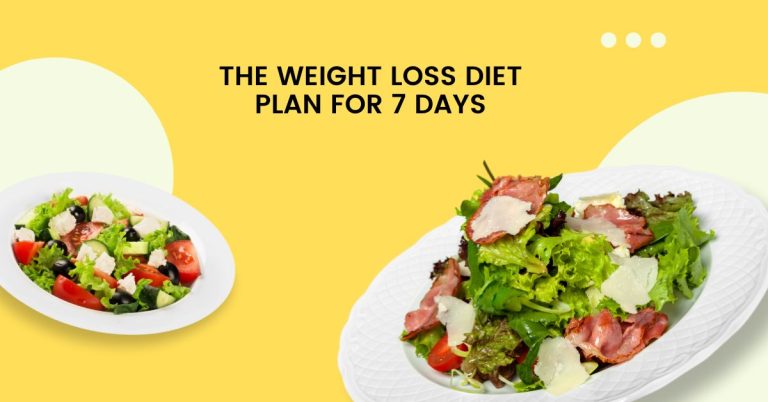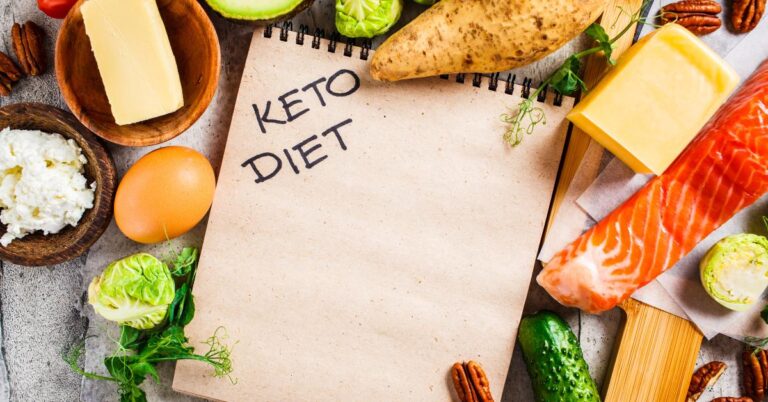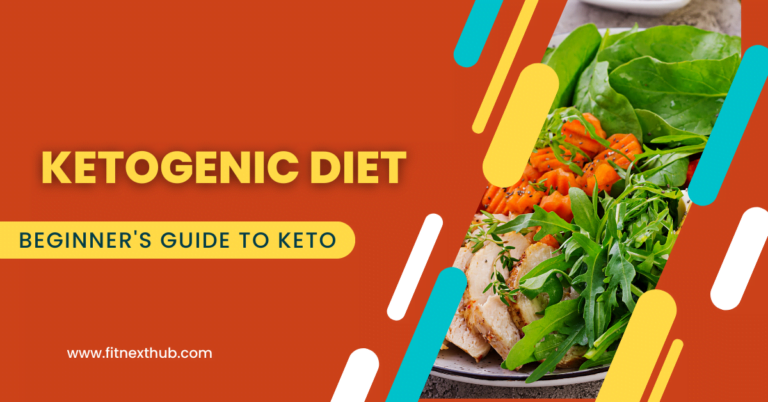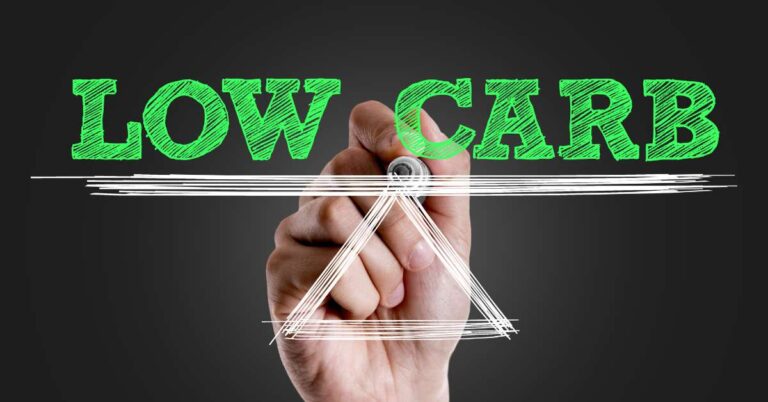Diet and exercise to maintain a healthy heart

Discover the key to a healthy life with the right Diet and exercise regimen. The heart is the central point in your system of cardiovascular health. It’s involved in many activities that bring your body back to its full potential. A healthy heart is essential to overall well-being. Eating right and exercising are two simple and crucial ways to boost your heart health.
What should I weigh? Diet and Exercise:
Consult your family physician about your ideal weight because everyone is unique. When you’re obese, that extra weight puts an extra strain on your heart. Losing weight can help your heart stay healthy. Keep in mind that even losing 10 percent in body fat can lower your risk of developing heart disease and diabetes.
Exercise
The exercise you do can strengthen your heart. It makes it more efficient at pumping blood per heartbeat. It increases the oxygen supply in your system. When you have increased oxygen in your system, it performs more effectively.
Exercise is also a great way to reduce blood pressure. It decreases the chance of suffering from heart disease and decreases amounts of LDL (“bad” cholesterol (“bad”). Bad cholesterol can block the arteries and cause an attack on the heart. However, exercising can increase amounts of HDL (“good” cholesterol (“good”). HDL can help protect against heart attack by transporting fat deposits from the arteries.
When paired with a balanced diet, fitness can help speed up weight loss. Regular exercise increases lean muscle, which will burn more fuel than fat. As a result, it allows you to get rid of calories more quickly, even seated.
What’s the most effective form of exercise that can benefit the heart?
Aerobic exercise can cause you to breathe deeper. It causes your heart to work harder to circulate blood. Aerobic exercise also increases the heart rate (which reduces calories). Aerobic exercise includes running, walking, jogging and swimming, dancing, and cycling.
How do I get the amount of exercise I need?
If you’re not doing any exercise, try working for 30 minutes up to 6 times per week. Your physician may suggest the proper exercise routine depending on your health. In addition, you should alternate your workout day with rest days or days you engage in a different exercise. It can help avoid injuries.
How do I fit fitness into my schedule?
There are many ways to increase the heart rate of your typical day. Some examples include:
- Use steps instead of taking the lift.
- Walk around during coffee breaks or lunch.
- Go to work on foot or park near one end of the parking area, so you don’t have to walk further.
- Get moving more quickly.
- Do your housework more rapidly and more often (for instance, cleaning each day).
- Rake leaves mow your lawn or perform other yard chores.
The path to better health. Diet and Exercise
Making improvements to your heart health is easy if you are aware of what to eat your food and exercise. Use these suggestions to maximize the benefits of your fitness and diet program.
Diet
Dietary choices can impact your weight, hormones, and the overall health of your organs. It includes your heart. Healthy nutritional habits will lower the risk of stroke and heart disease.
- Select healthful fats. Despite what you might have heard, some fats are good for your health. If you are using fats in cooking, opt for monounsaturated oils like olive oil and canola. Avocados also are a fantastic food source for monounsaturated fat. Polyunsaturated fats, as well as omega-3 fatty acids, are both excellent choices for health. Polyunsaturated fats are present in seeds and nuts. Omega-3 fats can be found in fish, including salmon and tuna. It is generally recommended that you take care not to consume trans fats. Trans fats are typically found in processed foods such as crackers and snack cakes. To determine if a product has trans fats, search for “partially hydrogenated” in the ingredient list.
- Choose whole grain. Whole-grain bread or pasta is rich in complex carbs and fiber. Use them instead of white pasta or white bread for meals and sandwiches.
- Consume lots of vegetables and fruits. They contain fiber, minerals, vitamins, and vitamins that are healthy for your body. They are also a source of flavor and variety for your diet.
- Prepare your meat healthy. Baking, broiling, and roasting are the most nutritious ways to cook meat or poultry. Cut off any fats or skin before cooking. You can cook cuts with lean meats in pans or stir-fried.
- Do not ignore beans. Dry beans, lentils, and peas provide nutrients and fiber. You can substitute beans for meat in a recipe you love, such as chili or lasagna.
- Choose dairy products that are low in fat. Go for fat-free or low-fat yogurt, milk, and cheese products.
- Pack in the protein. Consume protein-rich food items, such as fish and lean meats. Also, skinless chicken eggs, eggs, nuts and seeds, and beans.
- Try the diet. The DASH (Dietary Strategies to Reduce Hypertension) eating program is a heart-healthy strategy that lowers blood pressure and harmful cholesterol levels in your blood. Try your hand at the Mediterranean Diet for another healthy way to eat.
What foods should I not eat? Diet and Exercise
A heart-healthy diet can limit certain essential nutrients. They include:
Sodium. can use Spices to flavor food items or non-salt seasonings in place of salt. Look out for packaged food items such as sauces and canned and processed food items. They all have significant amounts of sodium.
Trans and saturated fats. Saturated fats are in meats with fat chicken skin dairy, whole milk dairy butter, lard, and palm and coconut oils. Trans fats can be found in various snacks, microwave popcorn, frozen pizza, sticks of margarine, and coffee creamers. Look for the words “partial” hydrocarbonated on your food label.
Add sugar. Sweetened drinks, snacks, and sweets are the most common sources of sugars added to the United States. They include soft drinks, sweetened coffee, tea and energy drinks, cakes, pies and ice cream, syrups, candy, and jellies. Avoid these types of food and drinks.
Alcohol. Limit your intake of alcohol. Men should limit themselves to no more than 2 drinks per every day. Women should not have more than 1 drink a day. Drinking too much alcohol can increase the blood pressure of your body and lead to you gaining weight. It can also lead to or worsen the heart condition in certain people.
Conclusion
Exercise and diet are essential to your heart’s health. If you don’t have healthy and don’t exercise, then you’re at a higher risk of developing health issues. It includes high blood pressure and cholesterol levels, overweight and type 2 diabetes, and heart diseases. These can increase the chances of suffering from heart attacks and strokes.











